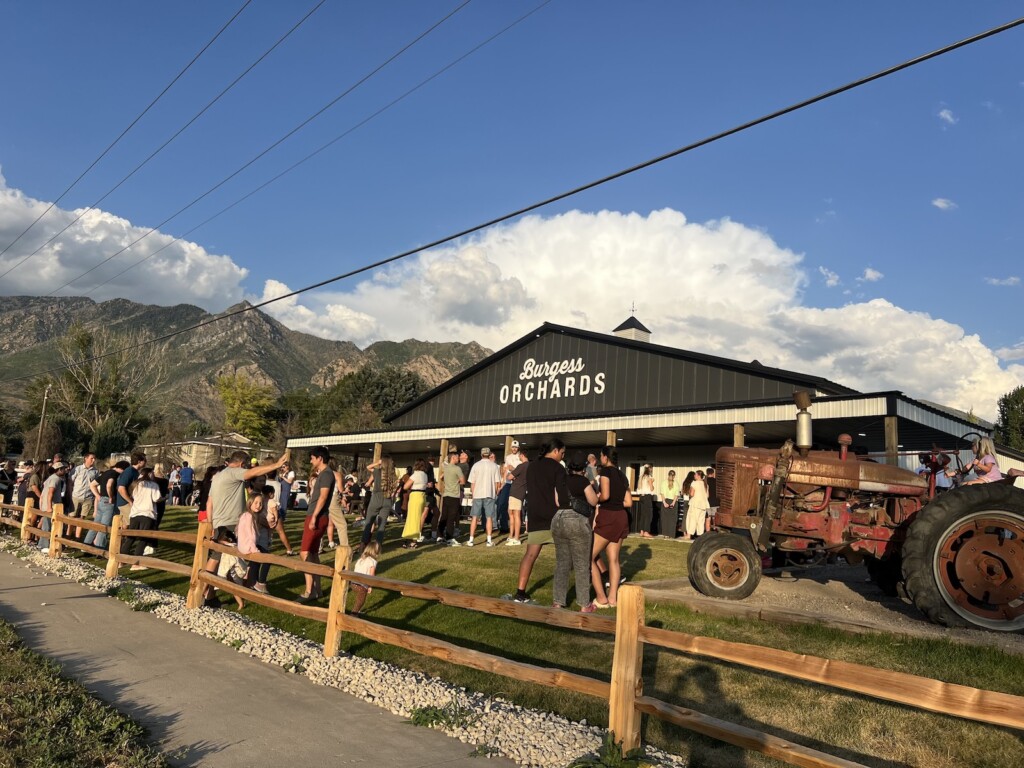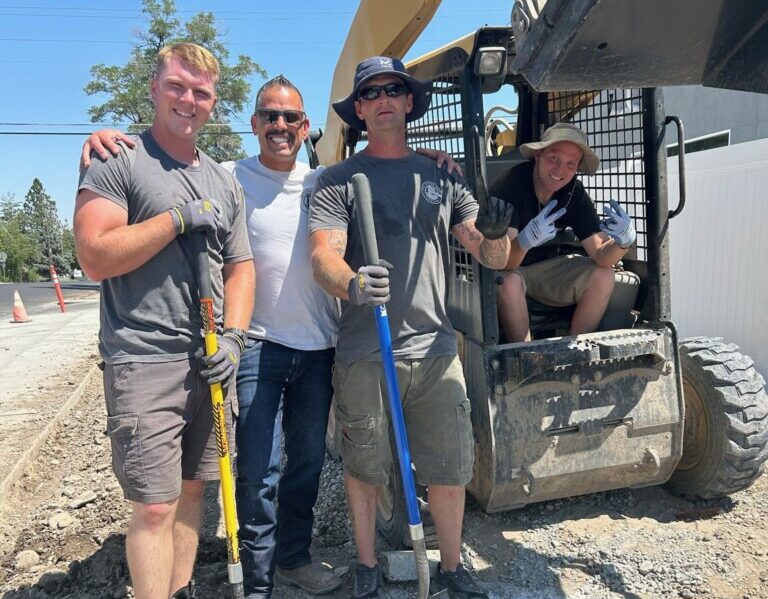It’s an economic truism: whatever a government wants more of they must subsidize. Whatever a government wants to see less of they must tax. This being the case, why is our government subsidizing the massive factory-farm producers of corn and sugar?
If the government were truly interested in helping the overall population of the United States to remain more healthy, why would they not instead tax the grain and sugar producers and subsidize the fruit and vegetable producers? There isn’t a dietitian alive that would suggest we eat more processed foods with corn and sugar and fewer fruits and vegetables, so why do these ridiculous subsidies exist?
These subsidies go all the way back to when the Great Depression and massive floods and pestilence threatened the survival of thousands of family farms. The farm bill was introduced to alleviate the seasonal hardships that farms are faced with to ensure a consistent food supply. Today the nearly $40 billion handed out to grain and sugar farmers goes to factory farm producers.

Why Doesn’t The US Federal Government Concentrate on the Overall Health of Americans Rather than Concentrating Almost Entirely on Treating Sickness?
This question seems an especially valid argument in light that Medicare and Medicaid are taking an increasing percentage of our income taxes that we pay to the Federal Government. With many politicians and citizens supporting the idea of providing free healthcare coverage for everyone, why not support ideas that produce overall better health outcomes, rather than placing all of the focus on providing drugs when we become sick? Because preventative care in the United States is virtually non-existent.

Why does the United States spend far more than any other developed country on our healthcare, despite not providing free healthcare to everyone?
It is because spending on hospital visits and on drugs dramatically escalated in the past 15 years. Hospital visits run anywhere from $2,000-$9,000 per night, and more people than ever are taking prescription drugs for chronic diseases. Is there perhaps a better solution?
According to an article in the Atlantic, there is a better way to treat healthcare “super-consumers”. Five percent of all residents in the United States consume fifty percent of the medical costs in the country. Since most of the patients are on Medicare or Medicaid, taxpayers are paying most of the costs of the five percent super-consumers.
Massachusetts has introduced a new system that focuses on the five percent. Their program allows for aides to enter the homes of these patients to assist them directly with their healthcare needs in order to reduce hospital visits. The system is called Onecare. And it seems to be working. On average this system saved 40% of medical expenses per patient, by avoiding expensive hospital stays.

Why Won’t Our Government Tax Bad Food And Subsidize Good Food: Our Hypothesis
And of course, another obvious solution to saving money on our national healthcare bill would be to subsidize healthy food and tax unhealthy food. Our contention is that this will never happen unless special interest groups get out of politics. Big junk food producers: Frito-Lay, Kraft, Hostess as well as the soda producers Coke and Pepsi, make money from people overconsuming their unhealthy products. Operating in tandem with the big food producers are the big drug companies that rake in billions of dollars in providing drugs for the chronic illnesses that these consumers develop. Most of the expenses of our healthcare system are due to patients suffering from chronic illnesses caused by poor diet habits and lack of exercise. There are too many giant corporations that benefit from this consumption and illness for meaningful change to occur at the federal government level. The only way for things to improve is to better educate consumers on the terrible effects of eating a processed-food-corn-sugar diet.

Why Are Utahns So Healthy?
Further in this episode, we address why it is that Utahns are bucking the national trend and as one of the healthiest populations in the country. Our hypothesis as to why is that we get most of our recreation, not by sitting in front of the TV or drinking excessive amounts of Coke products, but by recreating in the outdoors. Utah’s outdoor recreation opportunities are world-famous. Our population as well as the thousands of people moving to Utah loves to use the mountains.
However, our mountains are beginning to show signs of overuse: trails are getting stripped of vegetation, parking lots are full; canyons are becoming congested; erosion is a constant problem on the most visited trails. How do we overcome this problem? By creating more vast networks of urban trails. Mainly, by expanding the Jordan River Parkway trail network and the canal trails.
Please visit our sponsors:
Canyon Meadows Grass-fed Beef
GreenBike
The Green Pig Pub
Subscribe to Utah Stories weekly newsletter and get our stories directly to your inbox





